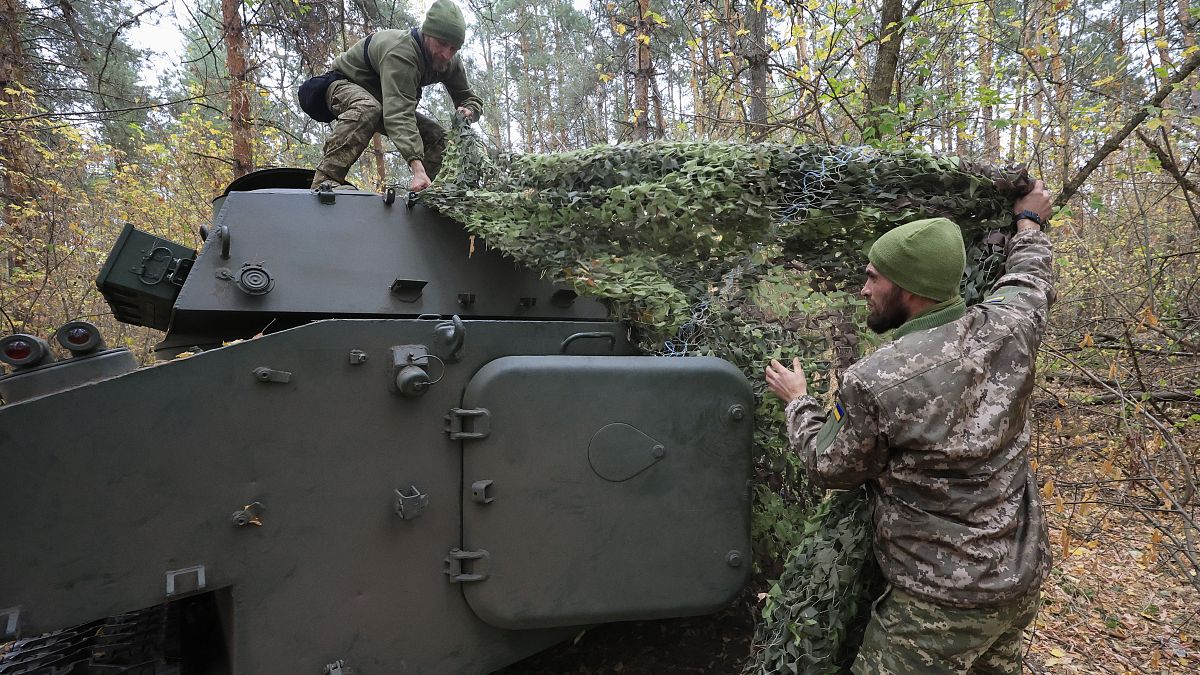European Union officials are facing the challenge of bypassing Hungary’s veto on military assistance for Ukraine disbursed through the European Peace Facility (EPF). Budapest has been blocking the transfer of €6.6 billion for about a year and a half, prompting outrage from other member states and Ukraine. The EPF was established in March 2021 to enhance the EU’s ability to prevent conflicts, build peace, and strengthen international security. It funds EU operations under the Common Foreign and Security Policy (CFSP) and provides assistance to non-EU countries to enhance security in the region. The EPF initially had a budget of €5 billion for the 2021-2027 cycle, but it increased significantly after Russia’s invasion of Ukraine, reaching roughly €17 billion.
Hungary’s veto on decisions involving the EPF funding for Ukraine stems from its view on the allocation of the money. While some portion of the funds could be used for Ukraine’s reconstruction, the majority is directed towards the defense and security sector. Hungary, led by Prime Minister Viktor Orban, has publicly expressed opposition to providing more support to Ukraine. Orban’s stance is also influenced by his relationship with former US President Donald Trump, as he does not want to commit to supporting Ukraine in case Trump returns to office. To address Hungary’s veto and provide military assistance to Ukraine, EU officials are exploring options such as voluntary contributions from member states or exceptional macro-financial assistance linked to the EU budget.
As discussions continue on how to bypass Hungary’s veto, the support to Ukraine remains a key priority for foreign ministers. To overcome Hungary’s opposition and ensure military aid reaches Ukraine, creative solutions are being considered by EU officials and diplomats. One proposed approach is to secure voluntary contributions from member states, while another option involves linking exceptional macro-financial assistance to the EU budget rather than the EPF. These strategies aim to ensure that Ukraine receives the necessary support for its defense and security needs while navigating the challenges posed by Hungary’s veto. Despite the hurdles, efforts are underway to find innovative solutions that will allow military assistance to be delivered to Ukraine through the EPF.





















